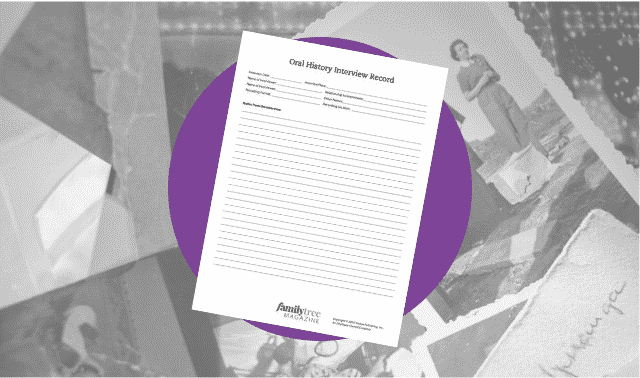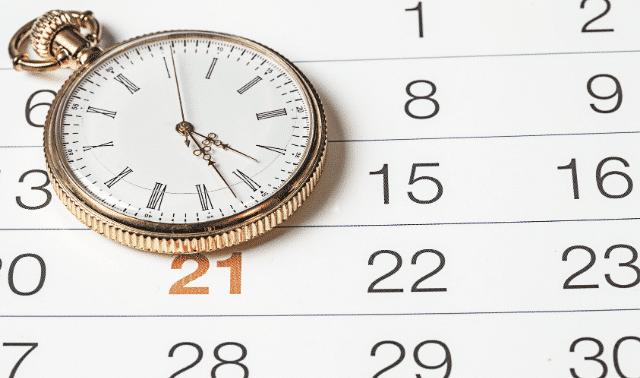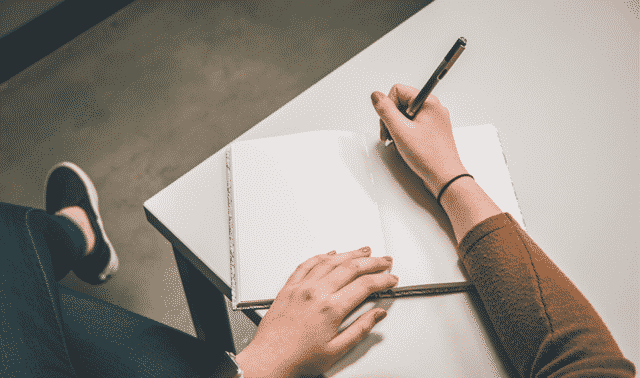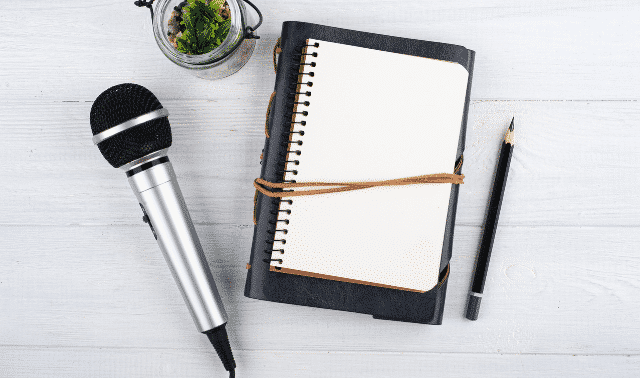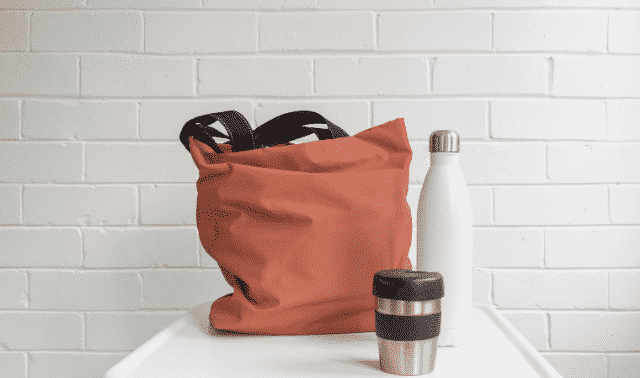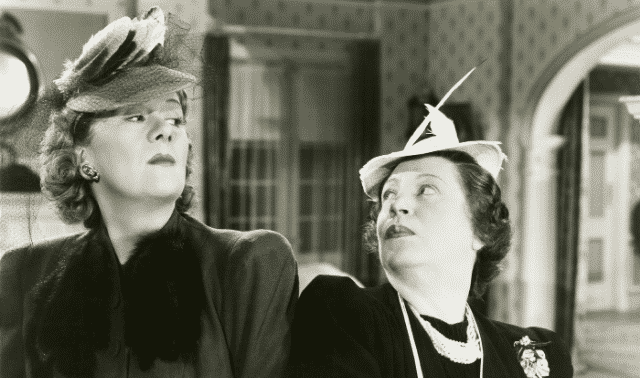Sign up for the Family Tree Newsletter Plus, you’ll receive our 10 Essential Genealogy Research Forms PDF as a special thank you!
Get Your Free Genealogy Forms
"*" indicates required fields

Family members are one of the best sources of genealogy information you can find. Their personal experiences are unique and intimate views of the past that you can’t get anywhere else.
Here, we’ll provide our tips for successful family history interviews so that you can preserve your relatives’ unique experiences for generations to come.
How to Set Up and Prepare for Your Interview
First, you will need to decide which family members you’d like to interview and in what order. It’s usually best practice to start with your oldest family members (grandparents, great aunts and uncles, parents, etc.)
ADVERTISEMENT
Decide on the scope of your interview
Focusing your scope will make writing your questions easier and make your interview more efficient. Some common interview themes are:
- Family history
- Personal histories
- Historical events
Invite your interviewees
Reach out to your subjects and invite them to the interview. If you and the subject aren’t close, be sure to introduce yourself by saying “I’m such-and-such’s oldest daughter” or something similar. Explain that you are interested in family history and why you want to do an interview. It helps put people at ease (and make it more likely they’ll say yes!) if you give them an idea of what to expect.
it’s also courteous to let your interviewee know if you’ll be recording an interview. If you’re doing the interview via phone, check the call-recording laws in your state to make sure your recording is legal.
ADVERTISEMENT
Prepare and practice your questions
Before the interview, prepare and practice your questions. It’s best to ask open-ended questions (rather than ones with yes or no answers), and to focus on people’s memories and experiences.
Anticipate problems (listed below) and how you’ll respond to them. Don’t send questions ahead of time. It’s helpful to do some preliminary research on your subject so that you can prepare more specific questions and be able to help your interviewee if they struggle to remember a name or a date.
Gather your supplies
We recommend recording family history interviews, and there are several helpful apps you can use to do so. Be sure that your device is charged and that you have sufficient storage space. It never hurts to bring a backup option in case you have technical difficulties! Be sure to have your list of questions and something to take notes with.
Bring photos or other memorabilia! It’s true what they say, a picture is worth a thousand words. Photos and other items can help jog your subject’s memory and reveal details, memories and stories that would have otherwise gone unmentioned.
Sample Questions
Below are our suggested questions for three different kinds of family history interviews. Use them as a springboard to create your own list of questions.
Family History
- Tell me about your family growing up (grandparents, aunts, uncles, etc.)
- Have you done any family history research? What did you learn?
- What surnames do you you know?
- Tell me about the oldest relative.
- What family stories were you told growing up?
- What traditions did you grow up with? Where did they come from?
- Do you have any heirlooms, scrapbooks, home movies?
- How has family changed over your lifetime?
Personal History
- What’s your first memory?
- How did your parents meet
- Tell me about your childhood home.
- What were your favorite subjects in school?
- Who was your favorite teacher?
- How did meet you your spouse?
- Tell me about your wedding day.
- Tell me about the day your first child was born.
- Tell me about your friends. How did you meet?
- Describe your first job.
- What was your favorite job and why?
- Tell me about your coworkers.
- What did you do with your first paycheck?
- Who are your heroes?
- What was your experience with computers?
- What were your favorite books, songs, etc?
- Where and when have you been the happiest?
Historical Events
- Where were you when this happened?
- What to you remember about that day/event?
- How did it affect your life? Life of others and community?
- How did you feel about it? How have your feelings changed or not?
- What do you remember about other people’s reactions?
- How did life change for you after this event, if at all?
Tips for During the Interview
Throughout the interview, be attentive and show that you’re listening. Try not to spend the whole time scribbling notes. It’s up to you to set the initial tone of the interview, so try to be calm and positive.
Shy or Resistant Interviewees
It usually takes a while for interviewees to feel comfortable and start opening up, so don’t be surprised if their answers are a little short to begin with. Plan for asking some “warm-up” questions to start the interview (“Tell me about the house where you grew up.”) and don’t be afraid to ask clarifying or follow-up questions (“What was the surrounding neighborhood like?”).
It is also helpful to pause for 1-2 seconds after the interviewee has finished talking to see if they add anything else. Sometimes people will open up more if you give them an extra opportunity to do so.
Staying Focused
Sometimes the challenge isn’t getting your subject to talk, but getting your them to stay on track. If you know they are a talker, it can be helpful to remind them of the goal of the interview before you get started “Thanks so much for talking with me today. In this interview I’m hoping to learn more about xyz”.
If your interviewee gets off track, don’t tune out. You don’t have to be held hostage! Listen and affirm the last thing they said and then try to gently bring them back to the question. (“It sounds like you really love your cat, Fluffy. Did you or any of your have pets growing up?”)
If your interviewee talks without pause, try to interrupt them as tactfully as you can, affirm you are listening and then ask to finish up the your last question before moving on. (“Sorry to interrupt, I do want to hear about xyz. Can we quickly wrap up talking about your great-grandfather before we move on?”)
Not every tangent is a bad tangent. If your interviewee starts to go off track, see where they are headed before correcting them. Often, the best stories are the ones you didn’t think to ask about.
Ending the Interview
Plenty of interviews wrap up naturally. If you find yourself at the end of your time and need a way to wrap-up, you can ask “What haven’t we talked about that you’d like to discuss in the time we have left?”
If you’ve made it to the end of your questions and you still have a decent amount of time left, think about something that piqued your interest during the interview. “I was really intrigued by xyz, can you tell me more about that?”
Try to stick to your allotted time and be sure to thank your interviewee before you leave.
After the Interview
You did it! You now have a valuable piece of oral history to pass on to future generations. After the interview, make sure that you’ve properly organized and preserved the information you gathered.
If you recorded the interview, be sure to download the file and save it in multiple places. Remember, LOCKSS (lots of copies keeps stuff safe). You should also create a transcription of the interview. Some recording apps like Rev may include a transcription feature.
Also be sure to organize and back up any notes you took during the interview. As you organize, look for any information you might have missed. You can reach out to your interviewee for clarification or ask for a follow-up interview if you feel it’s appropriate.
It’s a nice gesture to send your interviewee a thank you note, either in the mail or via email.
Last updated, Oct 2023
Related Reads
ADVERTISEMENT

